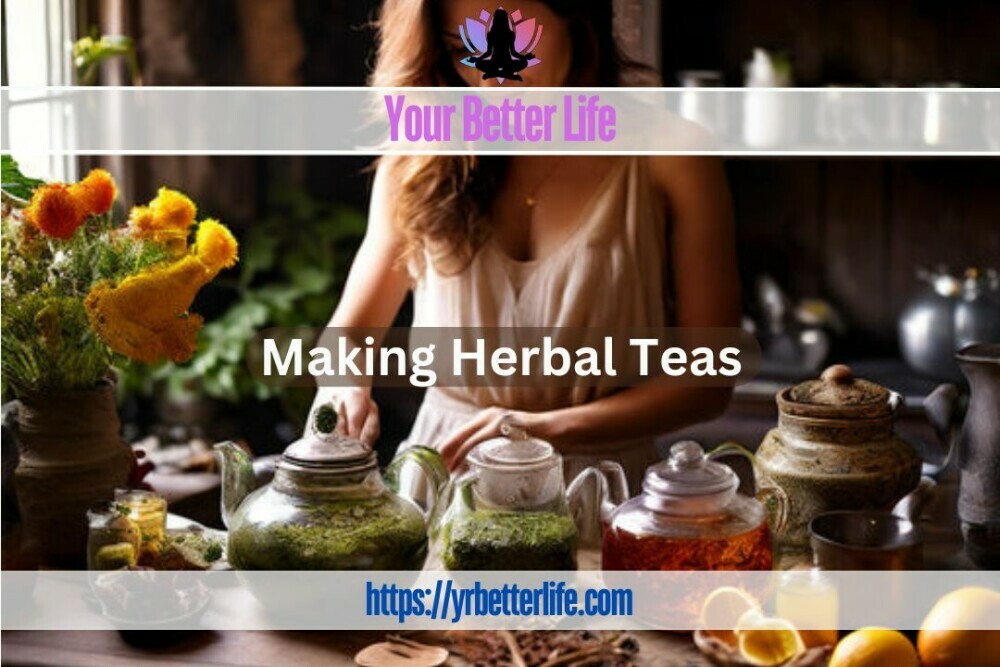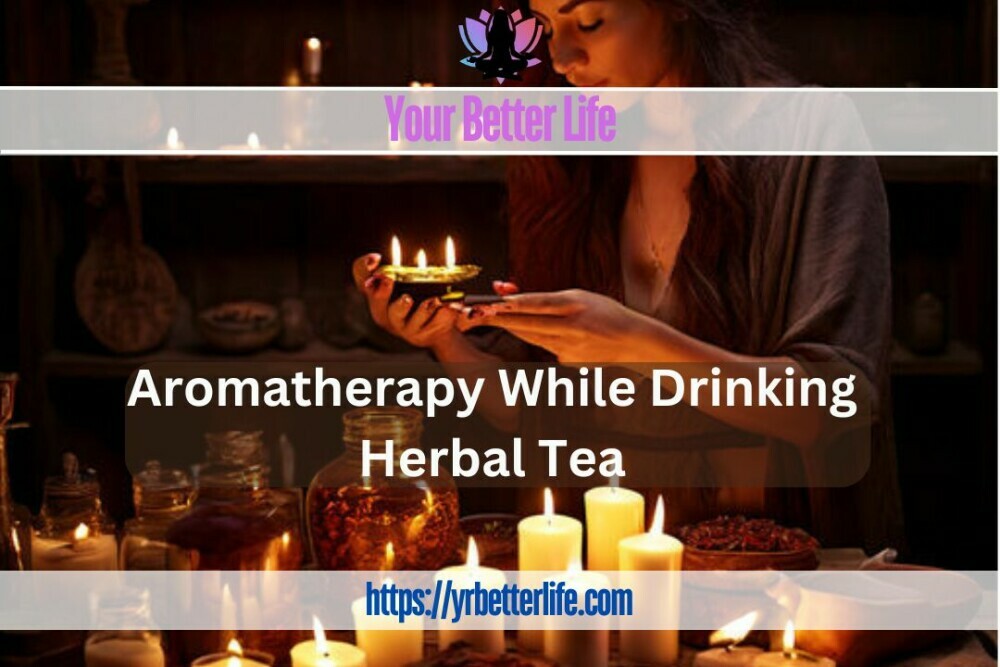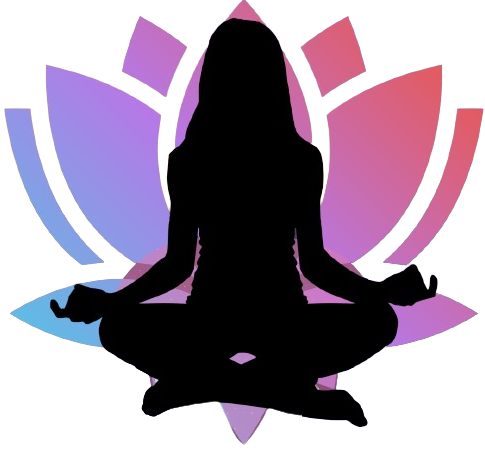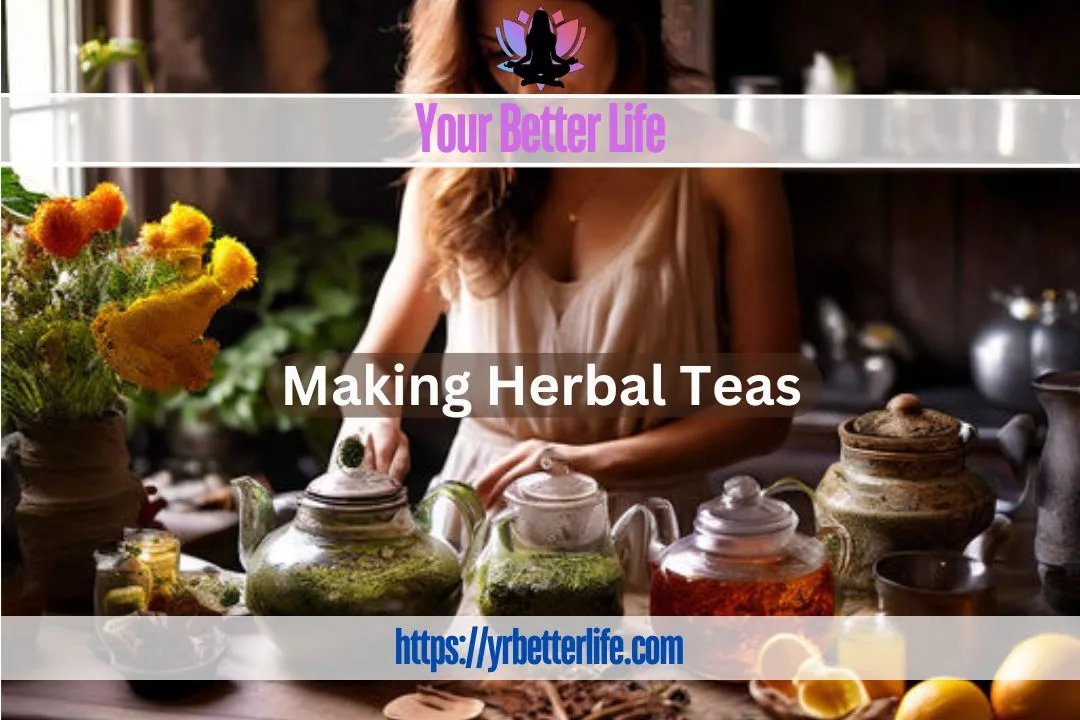
Introduction
Hello everyone! Today, I want to delve into a fascinating topic that combines two powerful, natural remedies for managing stress and anxiety: aromatherapy and infused teas. Both methods have a rich history and offer numerous benefits on their own, but when used together, they can create a harmonious and holistic approach to mental wellness. Let’s explore how you can incorporate these practices into your daily life to foster a sense of calm and relaxation.
Understanding Aromatherapy
Aromatherapy is an ancient practice that uses essential oils extracted from plants to promote physical and psychological well-being. The concept of aromatherapy dates back thousands of years, with evidence of its use in ancient civilizations such as Egypt, China, and India. Essential oils can be inhaled, applied to the skin, or used in diffusers to harness their therapeutic properties.
When we inhale the aroma of essential oils, the scent molecules travel through our olfactory system directly to the brain, impacting the limbic system, which is the area responsible for emotions and memory. This is why certain scents can evoke specific feelings or memories. Essential oils can also be absorbed through the skin, allowing their beneficial compounds to enter the bloodstream.
Here are some essential oils renowned for their calming properties:
- Lavender: Known for its soothing and relaxing effects, lavender oil is often used to reduce anxiety and improve sleep quality.
- Chamomile: Chamomile oil has mild sedative properties and is excellent for promoting relaxation and reducing stress.
- Bergamot: This citrusy oil has mood-lifting properties and can help alleviate anxiety and stress.
- Ylang-Ylang: Ylang-ylang oil is known for its ability to promote relaxation and reduce tension.
Making Your Own Infused Teas
Infused teas, also known as herbal teas, are beverages made by steeping various herbs, flowers, and spices in hot water. Unlike traditional teas that come from the Camellia sinensis plant, herbal teas are caffeine-free and can offer a wide range of health benefits, including stress and anxiety relief.
Herbal teas work through a combination of their aroma and the active compounds present in the herbs. Drinking herbal teas can provide a comforting and ritualistic experience, which in itself can be a stress-reliever.
Here are some common herbs used in stress-relief teas:
- Chamomile: Known for its calming effects, chamomile tea is a popular choice for reducing anxiety and promoting sleep.
- Peppermint: Peppermint tea can help relieve tension headaches and improve digestion, both of which can reduce stress levels.
- Lemon Balm: This herb has mild sedative properties and can help reduce anxiety and improve mood.
- Passionflower: Passionflower tea is often used to treat anxiety and insomnia due to its calming effects.
Simple Recipes for Infused Teas:
- Chamomile and Lavender Tea:
-
- 1 teaspoon dried chamomile flowers
- 1 teaspoon dried lavender flowers
- 1 cup boiling water
- Steep for 5-7 minutes, strain, and enjoy.
- Peppermint and Lemon Balm Tea:
-
- 1 teaspoon dried peppermint leaves
- 1 teaspoon dried lemon balm leaves
- 1 cup boiling water
- Steep for 5-7 minutes, strain, and enjoy.
- Passionflower and Chamomile Tea:
-
- 1 teaspoon dried passionflower
- 1 teaspoon dried chamomile flowers
- 1 cup boiling water
- Steep for 5-7 minutes, strain, and enjoy.
Drying and Storing Herbs:
If you prefer to use fresh herbs, you can easily dry them at home. Hang small bunches of herbs upside down in a dry, well-ventilated area away from direct sunlight. Once dried, store the herbs in airtight containers in a cool, dark place to preserve their potency.
Combining Aromatherapy and Infused Teas
The beauty of combining aromatherapy with infused teas is that you can create a multi-sensory experience that enhances the effects of both practices. The synergy between the scents of essential oils and the flavors of herbal teas can provide a more profound sense of relaxation and well-being.
Pairings of Essential Oils and Teas:
- Lavender Oil and Chamomile Tea:
-
- Use lavender oil in a diffuser or apply a few drops to your pulse points while sipping chamomile tea to enhance relaxation and promote better sleep.
- Peppermint Oil and Lemon Balm Tea:
-
- Inhale peppermint oil directly from the bottle or use it in a diffuser while drinking lemon balm tea to alleviate tension and improve focus.
- Bergamot Oil and Passionflower Tea:
-
- Diffuse bergamot oil or add a few drops to a warm bath while enjoying passionflower tea to lift your mood and reduce anxiety.
Creating a Calming Ritual:
To make the most of these practices, consider establishing a calming ritual. Set aside a specific time each day for your aromatherapy and tea session. Create a peaceful environment by dimming the lights, playing soft music, and eliminating distractions. This dedicated time for self-care can significantly enhance the benefits of both aromatherapy and herbal teas.

Practical Tips for Using Aromatherapy and Infused Teas
Incorporating aromatherapy and infused teas into your daily routine doesn’t have to be complicated. Here are some practical tips to help you get started:
- Morning Routine:
-
- Start your day with a cup of peppermint and lemon balm tea to invigorate your senses and set a positive tone for the day.
- Use citrus essential oils like bergamot or orange in a diffuser to energize your morning routine.
- Work Breaks:
-
- Take short breaks throughout your workday to enjoy a cup of chamomile tea. Pair it with a few deep breaths of lavender oil to reduce stress and improve focus.
- Keep a small roller bottle of your favorite essential oil blend on your desk for quick aromatherapy breaks.
- Evening Wind-Down:
-
- Establish an evening ritual with passionflower and chamomile tea to unwind and prepare for restful sleep.
- Diffuse calming essential oils like lavender or ylang-ylang in your bedroom to create a tranquil atmosphere.
Personal Anecdotes and Testimonials:
I remember the first time I combined aromatherapy with my evening tea ritual. I had been feeling particularly stressed from a long day at work. I brewed a cup of chamomile tea and added a few drops of lavender essential oil to my diffuser. As I sipped the warm, soothing tea and inhaled the calming aroma, I felt the tension in my body slowly melt away. This simple yet powerful combination became a staple in my self-care routine, and I’ve since shared it with friends and family who have also experienced its benefits.
Safety and Precautions
While aromatherapy and herbal teas are generally safe, it’s essential to be mindful of potential side effects and interactions, especially if you have allergies or pre-existing conditions.
- Essential Oils:
-
- Always dilute essential oils with a carrier oil (such as coconut or jojoba oil) before applying them to your skin to avoid irritation.
- Conduct a patch test before using a new essential oil to ensure you don’t have an allergic reaction.
- Consult with a healthcare professional before using essential oils if you are pregnant, nursing, or have a medical condition.
- Herbal Teas:
-
- Be aware of any potential interactions between herbal teas and medications you may be taking.
- Limit your intake of herbal teas to avoid consuming excessive amounts of certain compounds.
- Consult with a healthcare professional before incorporating herbal teas into your routine if you are pregnant, nursing, or have a medical condition.
Conclusion
In conclusion, combining aromatherapy and infused teas offers a holistic and natural approach to managing stress and anxiety. By creating a calming ritual that incorporates these practices, you can enhance your overall well-being and foster a sense of tranquility in your daily life. I encourage you to experiment with different combinations of essential oils and herbal teas to discover what works best for you. Remember, self-care is an essential part of maintaining mental health, and these simple yet effective practices can make a significant difference.
Thank you for joining me on this journey, and I look forward to hearing about your experiences. Feel free to share your thoughts and ask any questions in the comments section below.
Stay calm and take care!
With warmth and compassion
Shaun

